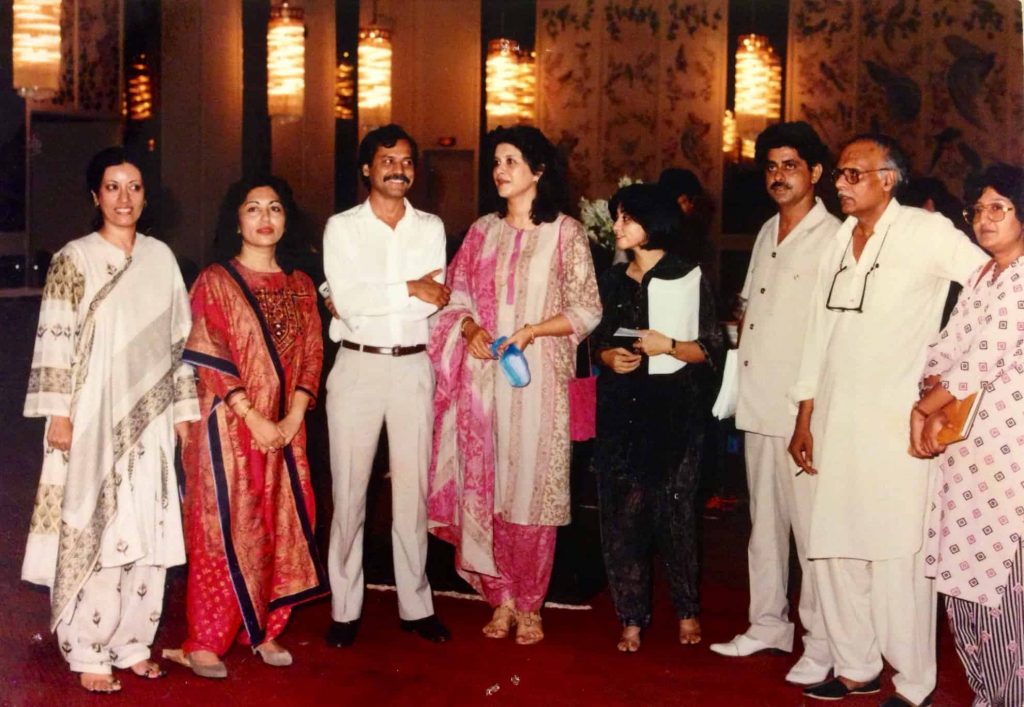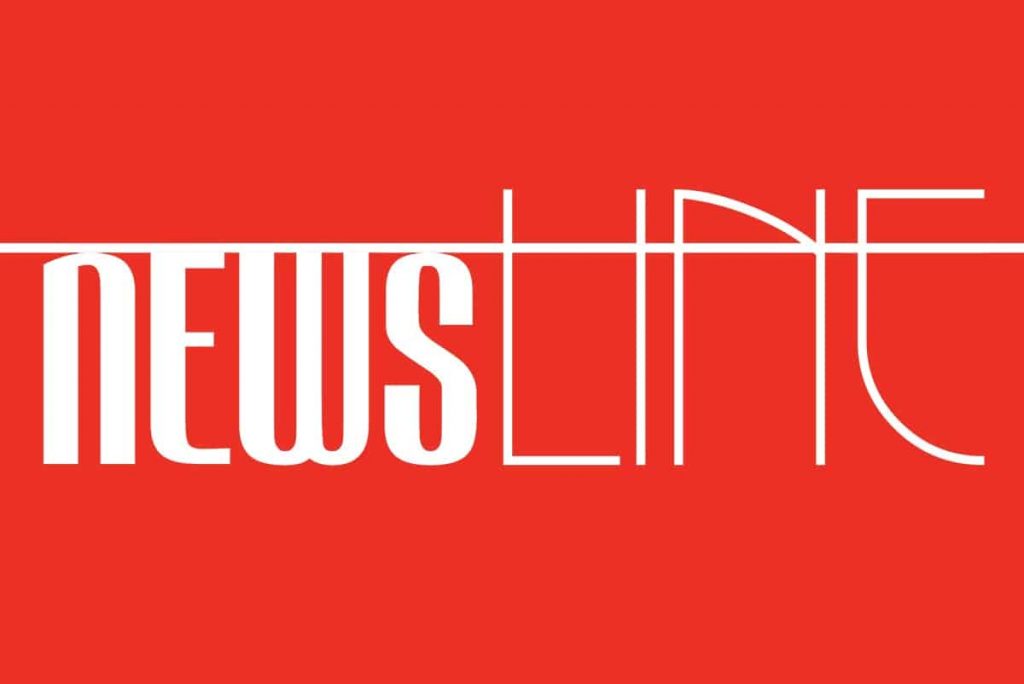Newsline was always so much more than just a publishing project… it was always about making the dream of editorial integrity a reality
The announcement that the December issue of Newsline magazine would be its last, was greeted by rather emotional comments on social media from people who had been associated with the venture or somehow touched by it.
Their often emotional comments expressed a real sense of sadness and almost personal loss, and while these remarks may have seemed surprising to those unfamiliar with the Newsline project, they really resonated with those who had lived through General Zia’s — direct as well as indirect — martial law periods.
This is because Newsline was not just another publication: for those in journalism, it was a venture that symbolised hope — the hope of the triumph of the journalist over the seth or owner/proprietor/media baron.
Newsline was founded by a group of women journalists in late 1988. The team was led by Razia Bhatti, the longtime editor of The Herald, the Dawn Group monthly that was famous for its stylish production values and its hard-hitting content.
Razia, perhaps the best editor Pakistan has ever produced, was summoned by management and told it was time for her (after some two decades) to leave. This happened soon after General Zia dismissed the civilian government and announced fresh elections and it was a time when the military establishment was seeking to regain control of the political narrative and tame the increasingly outspoken media.
The editorial team was so appalled by the management’s decision to get rid of Razia that most of us opted to resign in protest and leave with her. I was a newcomer in the group (as was Tehmina Ahmed). I’d been with the team for less than a year, but my other colleagues were well-known names in the field, particularly Rehana Hakim, Samina Ibrahim and Sairah Irshad. Talat Aslam stayed on as did Zahid Hussain, our star reporter, who then joined us several months later.
Soon afterward, Razia had the bright idea that we should start our very own magazine. It seemed a complete impossibility, but we began to work on developing the idea anyway. Zia, the cause of most of our woes, had been killed in the Bahawalpur crash and within a few months of that the country’s publishing laws were liberalised and we were able to get a publishing license or ‘declaration’.
We decided we must have a controlling interest and so we invested whatever we could in the company and were also lucky enough to find some investor friends who wanted to come in not for the profit (there never were any), but because they had faith in the venture.
The first issue came out in July 1989 and the legend of Newsline gained strength with every new issue. The legend was that the journalists had won, that editorial integrity would not be compromised, that the news narrative was not tailored according to financial or political interests.

But keeping the legend alive and carrying the torch for this sort of idealism was not an easy task. Financially we struggled and the pressures we faced were many, but we carried on.
Even after Razia died suddenly in 1996, Rehana and the team kept the flame of this hope alive. The names of staffers who passed through the intense training ground that was the Newsline office reads like a Who’s Who of journalism, politics, literature and academia (Abbas Nasir, Mohammed Hanif, Nafisa Shah, Naziha Syed Ali, Marvi Memon, Kamila Shamsie to name just a few). But apart from the commitment of the core team what perhaps helped most to keep the venture alive was the support and good wishes of so many people – friends, colleagues and readers.
But eventually, we reached a stage where the magazine could no longer function as a small independent operation and we became part of a media group (again) when we sold Newsline to the HUM group. When I told a friend about this she asked, “If you sold it and it didn’t belong to you, why are you getting so worked up about it?”
She’s right of course. Legally, we no longer owned Newsline and the decision to cease publication was rightfully the owner’s, but emotionally and idealistically perhaps we will always own Newsline because it was always so much more than just a publishing project… it was always about making the dream of editorial integrity a reality.







